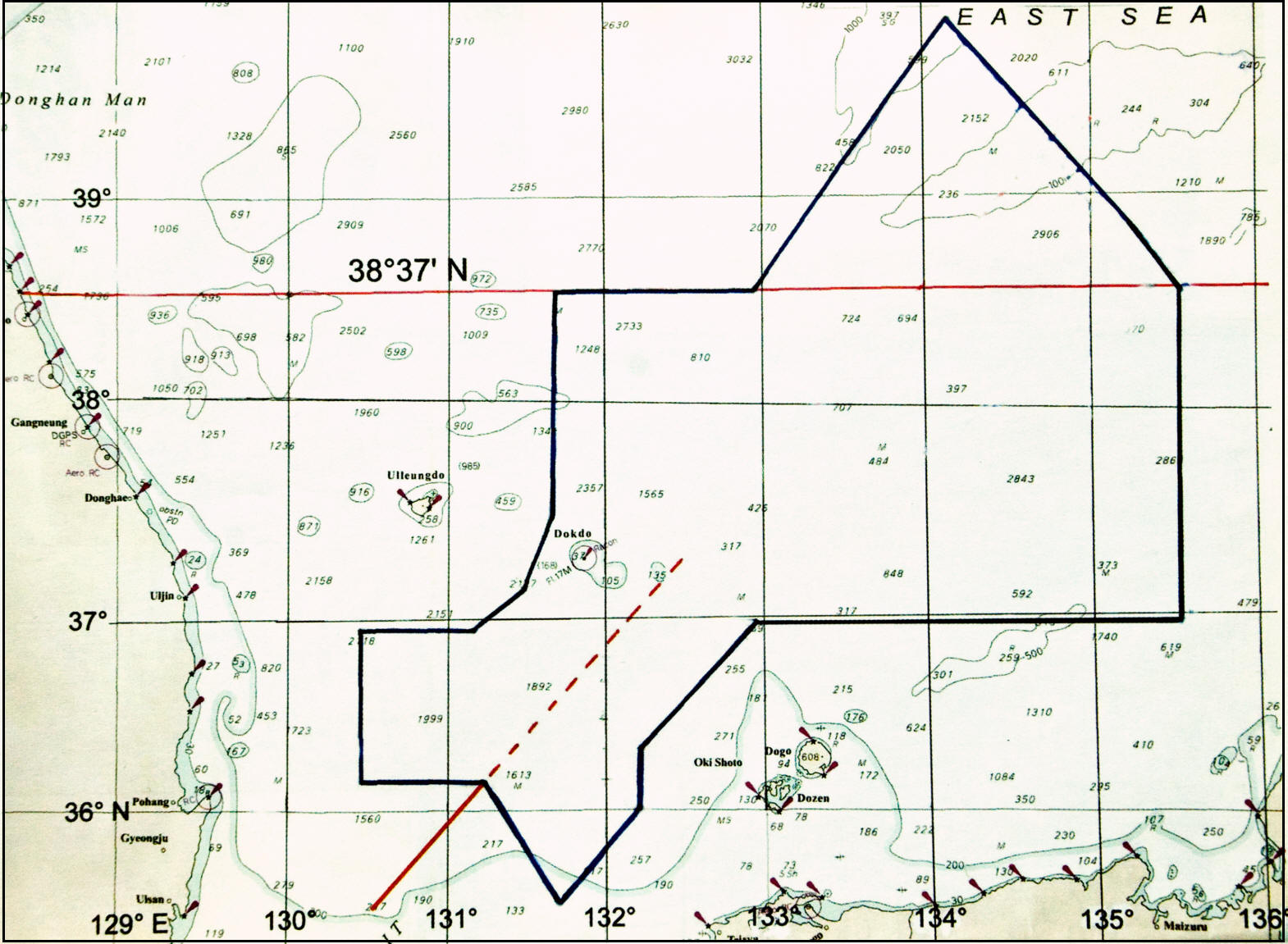After a lengthy restoration process, Gwanghwamun Gate — the main entrance of Gyeongbokgung Palace and a major downtown landmark — was finally unveiled to the public yesterday, the Liberation Day holiday.
The Cultural Heritage Administration brought in some heavy hitters for the restoration, including calligraphic engraving master Oh Ok-jin (Important Intangible Cultural Property No. 106) to paint the signboard and dancheong master Yang Yong-ho to paint the superstructure. For those of you wondering, dancheong is the colorful painted designs found on many of Korea’s historic wooden public building — not only is it decorative, but it also protected the wood from the elements.
Gwanghwamun Gate has had a tumultuous contemporary history, making it something of a microcosm of Korea’s contemporary history as a whole. The gate was first constructed in 1395, making it — along with the rest of Gyeongbokgung Palace — one of the first buildings constructed in the new royal capital of Seoul. Also like the rest of the palace, it was burnt down during the Japanese invasion of 1592, and left in ruins until Heungseon Daewongun‘s grand restoration of the palace in 1867.
Then things started to get funky. In 1910, Japan annexed Korea. In 1926, the Japanese — great preservationists of Korea’s cultural heritage that they were — had Gwanghwamun Gate torn down and moved to the east side of the palace, all so it wouldn’t restrict the view of the massive Japanese Government-General Building (demolished in 1996), which they had oh-so-sensitively placed right in front of Gyeongbokgung Palace, blocking the view the historic palace from downtown Seoul. The demolition of the gate sparked protests from not only Koreans, but also from Japanese intellectuals, most notably Yanagi Sōetsu, the founder of Japan’s Craft Art movement and an admirer of Korean traditional art.
[...]
Still noticeable is the decision to reverse the Chinese script on the gate from left-to-right to right-to-left as it had historically been. I guess this is the ever existing problem of translation, whether a strict, literal interpretation is better than a more liberal interpretation. In this case, I think it looks funny. Modern Korean when written horizontally doesn't read from right to left.



